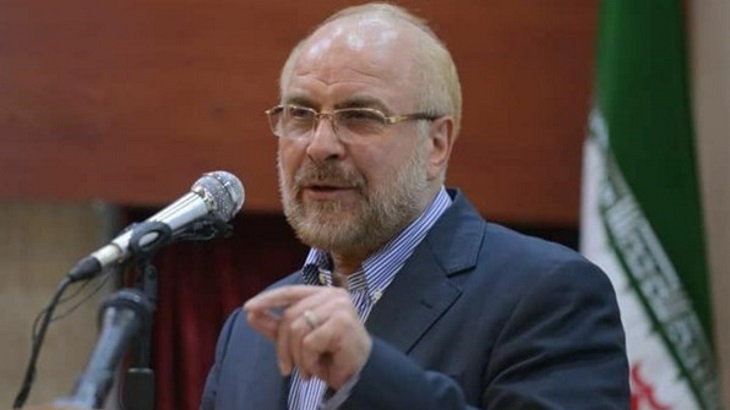"The law of the Parliament on the requirements and responsibilities of the government is quite clear. No new decision has yet been made on the subject of the technical agreement with the Agency, whether to continue or not, as well as the deletion of data (recorded by the IAEA’s cameras of Iran’s nuclear activities)," Khatibzadeh said, according to Fars news agency.
Khatibzadeh added that the law passed by the Iranian parliament in December last year - Strategic Action to Cease Actions and Protect the Interests of the Iranian Nation - was binding and that the temporary bilateral technical understanding agreed with the IAEA in February was designed "to address some of the IAEA's concerns" within the framework of that law.
"We agreed with Agency not to collect the cameras and not to share their data with it. Three months passed and an internal decision was made inside Iran not to delete the data, but since the day the parliament's law came into force, no access beyond the safeguards agreement has been given to the IAEA," Khatibzadeh said.
On 24 May, IAEA Director General Rafael Mariano Grossi said the temporary understanding had "left the door ajar" and that the extension meant it "stayed ajar, for now". After the extention's deadline had passed, the IAEA reportedly demanded on 25 June an immediate reply from Iran on whether it would extend the monitoring agreement.
Yesterday, Iranian Parliament Speaker Mohammad Baqer Qalibaf said that his country will not provide the IAEA with a video recording of its nuclear activities. After the three-month period expired, "nothing has been renewed and after that none of the items recorded in Iran will ever be given to the Agency and are in the possession of the Islamic Republic of Iran", Qalibaf said. The Iranian law is "being enforced", he added.
However, Iran’s ambassador and permanent representative to Vienna-based international organisations, Kazzem Qaribabadi, said on 24 May that Iran had informed the IAEA of Tehran's decision to extend the deadline for IAEA camera recordings "for maximum another month". Data recorded over the last three months are still in the possession of the Atomic Energy Organisation of Iran, he said, and will not be transferred to the IAEA "unless Iran and the world powers come into terms with each other to revive the nuclear deal".
Talks on reviving the Joint Comprehensive Plan of Action (JCPoA) began in April, in Vienna. The USA, which withdrew from the accord in May 2018, under the Trump administration, has been involved in those talks but not directly with Iran.
US Secretary of State Antony Blinken said on 24 June that any failure by Tehran to extend the monitoring agreement would be a "serious concern" for broader negotiations, according to Reuters.
"There will come a point, yes, where it will be very hard to return back to the standards set by the JCPoA," he told reporters in Paris, as quoted by Al Jazeera. "We haven’t reached that point - I can’t put a date on it - but it’s something that we’re conscious of."















